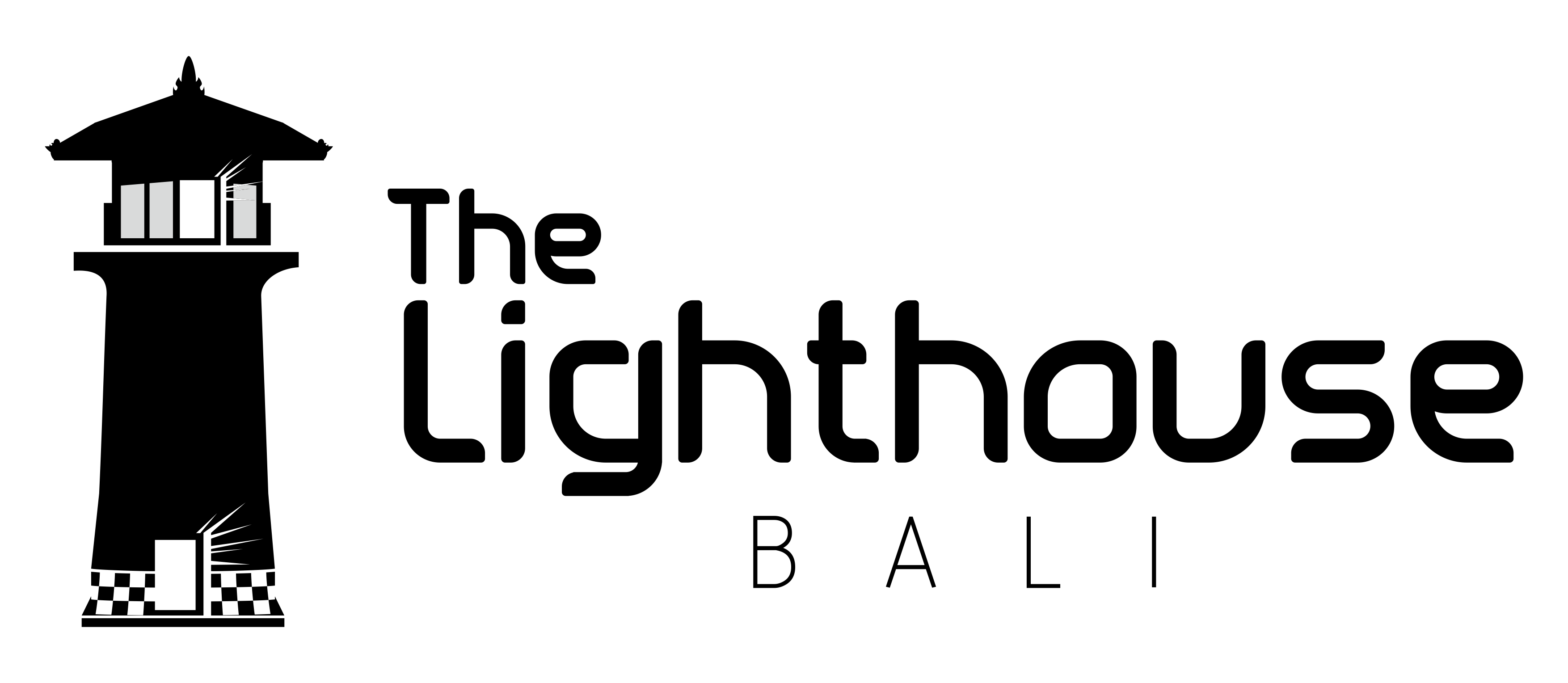Substance Abuse
Substance Addiction takes many names and many forms and can start without a thought or intention of abuse, such as in the case of prescribed medication. Often, the patient does not plan to take more medication than has been prescribed by a medical professional.
An example of prescription medication abuse might be following a major accident or surgery where prescription painkillers are given to help manage the pain. Soon, you’re finishing the medication a few days ahead of time… then a week… and suddenly the pills are gone just days after you picked up the prescription for the pharmacy. The next thing you know, you are lying about losing the bottle, having more pain, you try to get the doctor to up the number of pills in the prescription, you try to fill the prescription at multiple pharmacies, and then, of course, the cycle of addiction has begun.
For others, addiction may begin with an intention to experience a high – or a low – anything to not deal with the daily stresses, underlying fears and difficulties that life throws our way. Using substances easily escalates and while no-one has the intention to become an addict, once the cycle of addiction has taken hold, it is often too difficult to break without help.
Some common signs of substance addiction include the following:
- Using prescription drugs in a non-medical way
- Being dishonest about your using
- Being arrested for anything drug related
- Increasing drug dosage to get the same high as before
- Mixing drugs or switching drugs or drug types to get the same high as before
- Family or friends mentioning your drug intake
- Drug use impacting on your work or education
- Losing friendships or relationships due to using
- When not taking drugs, obsessing over obtaining them or when you can next use
- Committing criminal acts (theft etc) to support buying drugs
- Financing drug purchases has become more important than other financial commitments e.g. rent, utilities
- Feeling physically sick or experiencing other withdrawal symptoms when you stop using
- Feeling ashamed or guilty about your drug using
- Thinking that you cannot cope or enjoy life without drugs
- Abandoning commitments, hobbies and other activities that you enjoyed previously in order to use
- Black outs or unconsciousness
- An inability to stop using or an inability to stay stopped for any period of time
- Continuing to use despite negative consequences
- Overdose
Substance addiction caries a component of withdrawal. Many addicts report using more and more simply so they do not have to experience the symptoms of withdrawal. This causes the use to increase incrementally, as well as more and more frequently, often rising to dangerous levels. At this point, overdose becomes likely, and the drug use suddenly controls the user.
No matter where on the scale you are finding yourself, two things are certain. One, no matter how much you are using and where on the scale you are, it will eventually get worse. Two, there is help and a way out. Recovery is possible for everyone – no matter how high or low your ‘bottom’ is.
At the Lighthouse Bali, our caring and professional team is dedicated to helping you overcome your addiction, changing your life and becoming the best version of yourself. We provide a program of recovery that is specifically tailored for you, your physical abilities and your needs and desires rather than a one size fits all approach. Our medical and support staff have years of experience helping people recover from addictions to alcohol, marijuana, heroin, morphine, Fentanyl, Oxycontin, Oxycodone, cocaine, crystal meth (ICE), Xanax, Valium, other prescription medications, benzodiazepines and many other substances. Reaching out for help is your first step on an incredible journey to recovery.
Please note that our substance addiction rehab programs include a medical detox to help you to pass this early stage of your recovery in maximum comfort possible.
